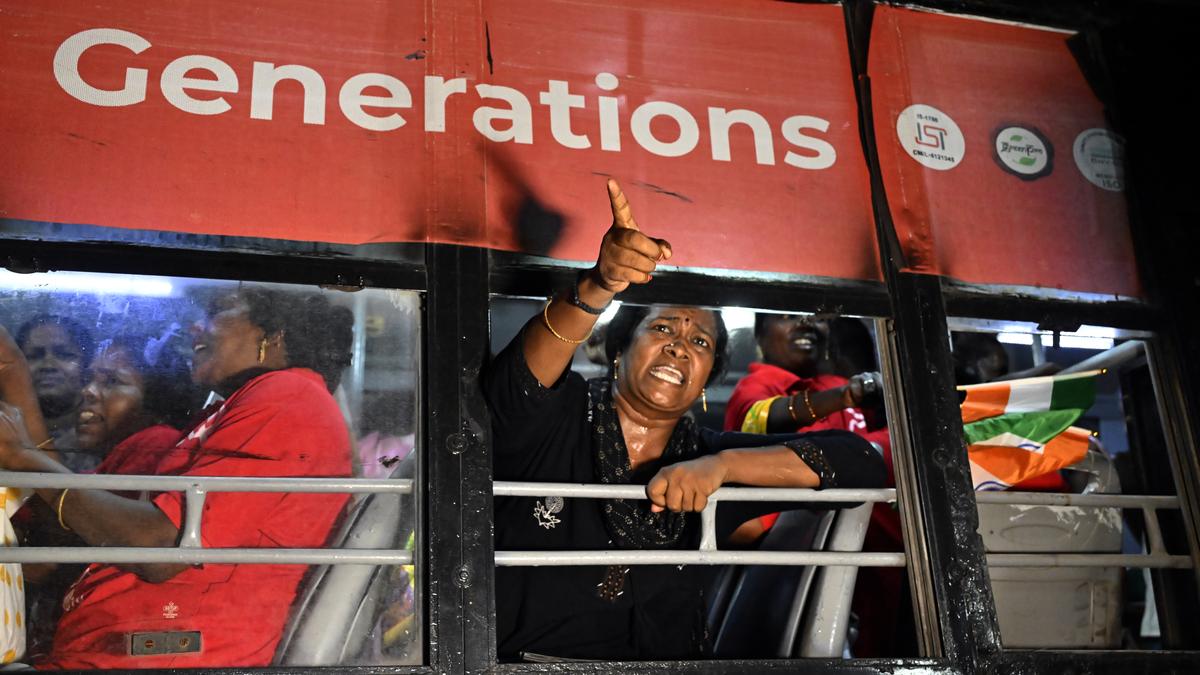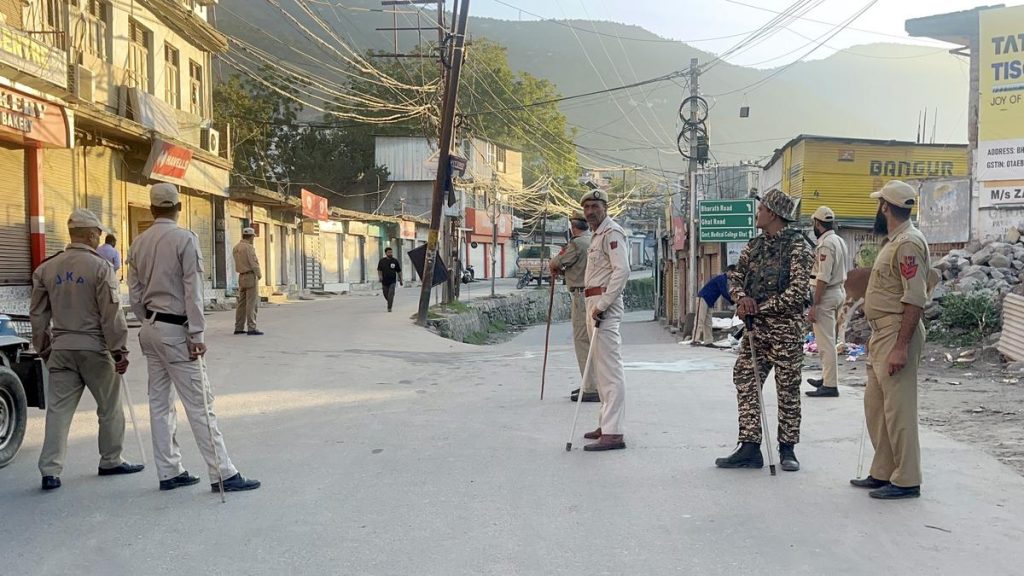Now Reading: Can Tamil Nadu Tackle the Caste-Job Nexus?
-
01
Can Tamil Nadu Tackle the Caste-Job Nexus?
Can Tamil Nadu Tackle the Caste-Job Nexus?

Quick Summary
- Conservancy workers of Greater Chennai Corporation protested for 13 days against privatisation but were detained by police on August 13.
- Workers fear privatisation will reduce wages and further entrench caste-based employment, as most belong to the Dalit community.
- A study in Bengaluru highlighted improved conditions for civic workers (pourakarmikas) after regularisation by the Karnataka government, including minimum wage implementation (2017) and removing contractors in favor of direct-payment systems (2018).
- Regularisation has been suggested as key to breaking caste-profession links, enabling job security, safety measures, compensation benefits, access to basic necessities, and opportunities for future promotions into administrative roles.
- Concerns remain that privatisation perpetuates exploitation and discrimination due to job insecurity.
- Ideologically rooted in social justice, the DMK government is urged to reconsider its current policy approach towards conservancy worker demands for regularisation.
Indian Opinion Analysis
The detention of conservancy workers in Chennai reflects a larger tension between privatization trends and labor rights advocacy. Evidence from Bengaluru indicates that regularization can substantially improve economic security and equality for marginalized communities like Dalits.By providing stable employment conditions-such as guaranteed wages,job protections,and internal promotional opportunities-it offers a pathway out of exploitative caste-linked professions.
For Tamil Nadu’s DMK-led administration to align with its ideological commitment to social justice,embracing policies similar to Karnataka’s might serve both developmental goals and equality benchmarks. The move would strengthen workers’ bargaining power while challenging systemic exploitation tied closely with private contracting frameworks.This moment represents both an prospect for reformative progress within labor governance models-and a litmus test of a state’s commitment toward dismantling socio-economic inequities rooted in past discrimination.Read more: The Hindu























